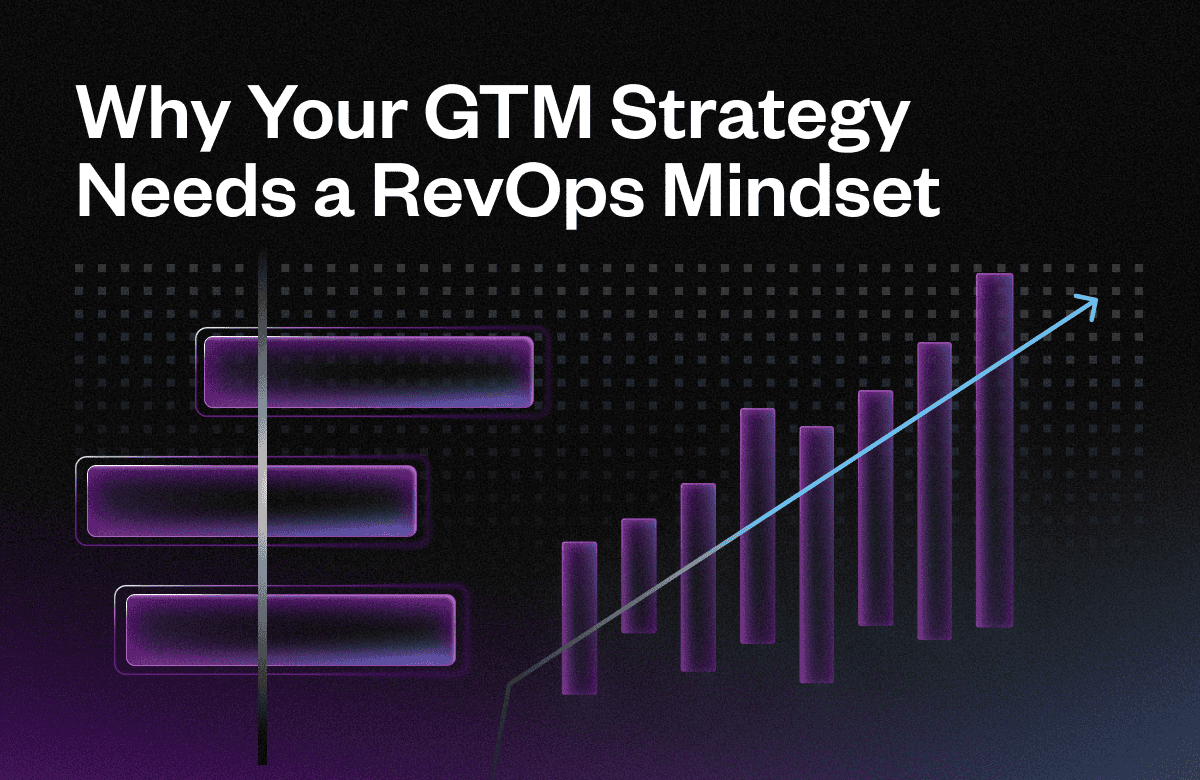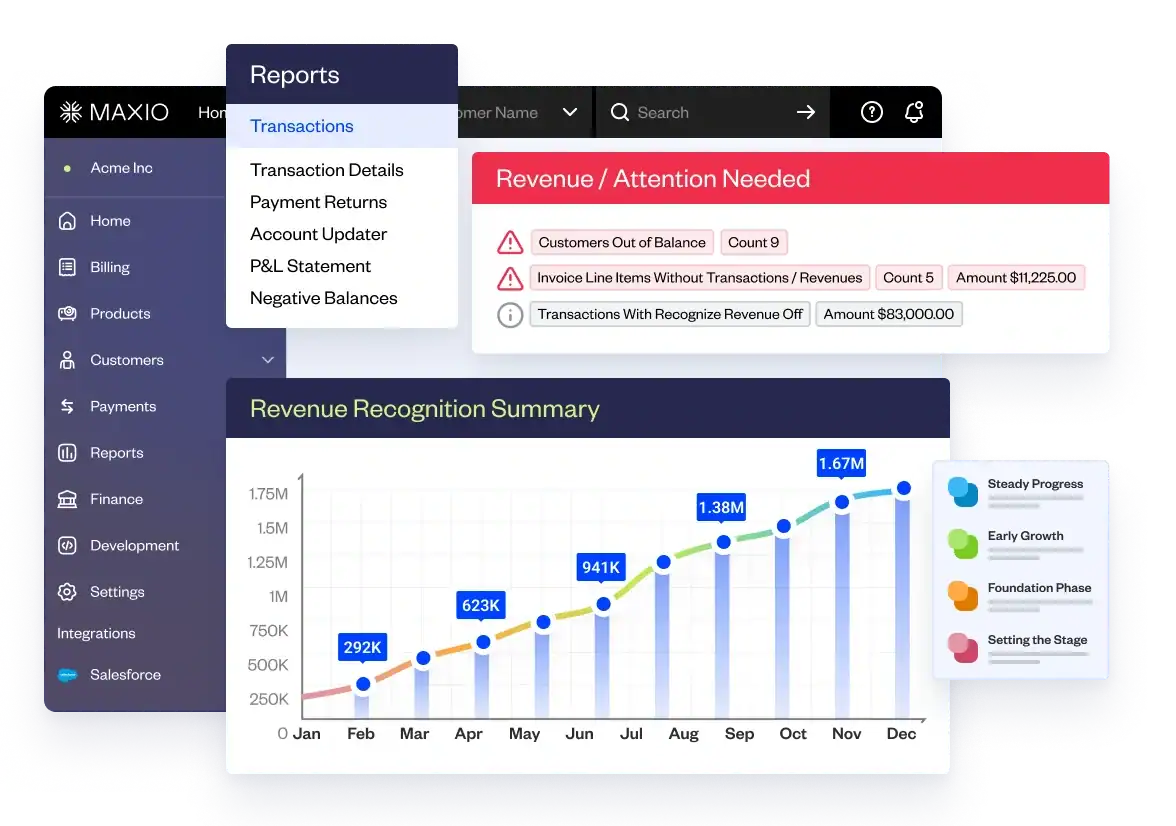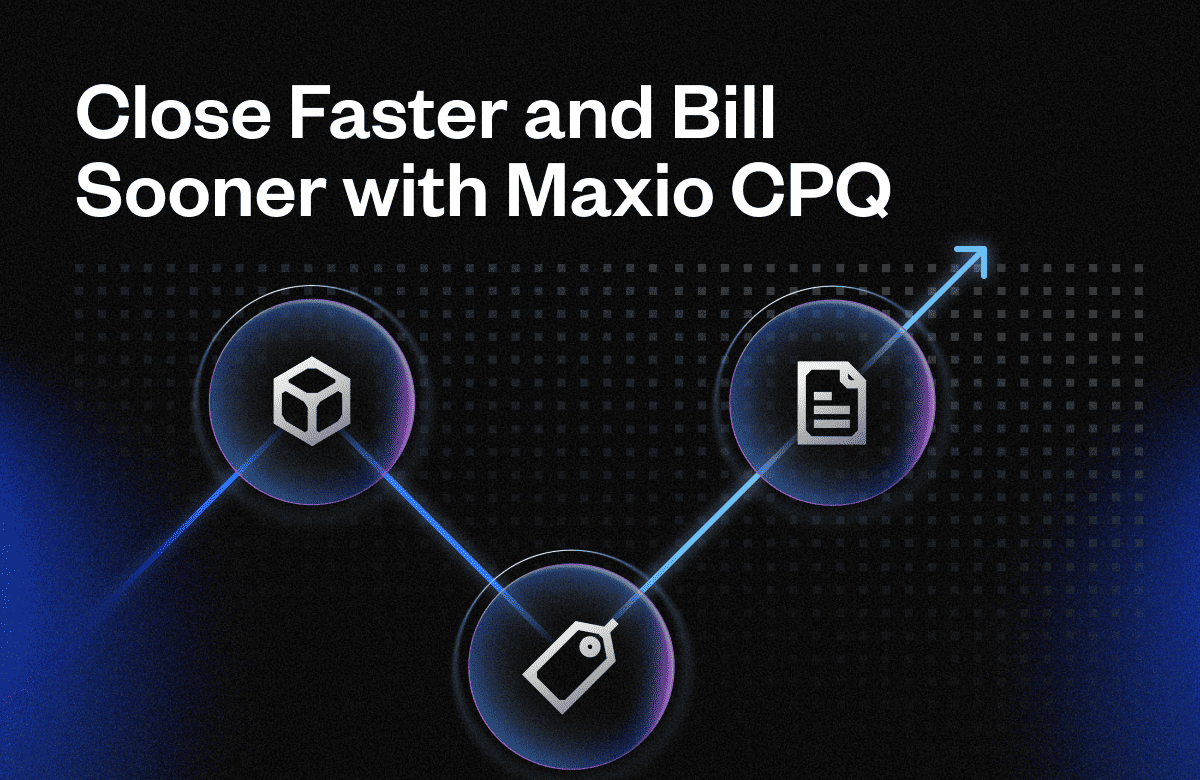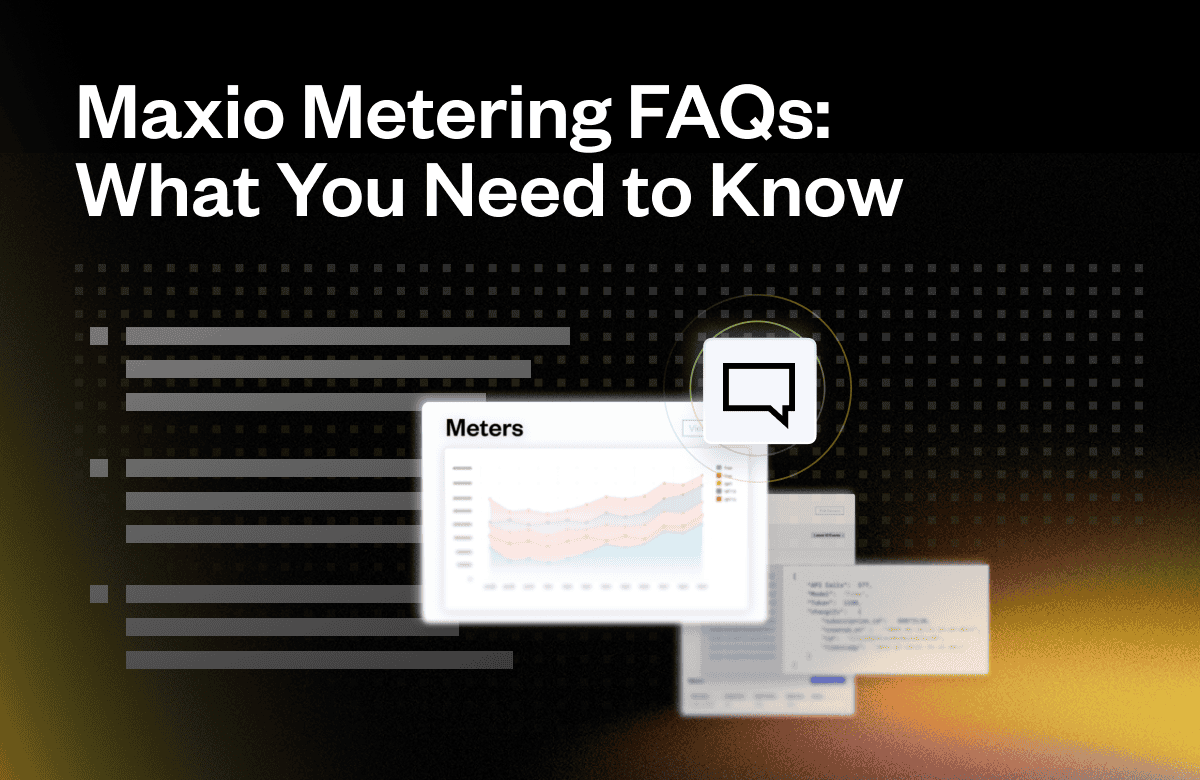Interested in bringing Go To Market team alignment to your business? Learn about three different RevOps team structures that you could use in building a team that’s optimized for GTM efficiency.
If you’re building a modern GTM engine, you’re already well versed about Revenue Operations – you may already have a perspective on how you can take the four main RevOps pillars: Process, Enablement, Insights, and Systems and apply them to team structure design. If you’re not so familiar with these concepts or looking for a refresher, then this will be a good introduction. In this guide you’ll find:
- The 4 pillars of the RevOps framework
- Different RevOps considerations for three different business sizes
- Three different RevOps team structures
Get to Know the RevOps Framework
First, before diving into the nitty-gritty of RevOps team-building, familiarize yourself with the RevOps framework. Understanding this framework is vital to the success of standing up a revenue operations team.
Even if you are a small business without the resources to create a full-fledged RevOps team, this framework offers a breakdown of the position, its responsibilities and its overall goals across the business.
The RevOps framework works to centralize and streamline four key areas across your go-to-market teams:
- Operational Processes
- Enablement
- Insights
- Systems and Tools

(Source)
When these four areas come together under RevOps, it’s easier to align your teams, smooth out the customer journey, and create a more seamless experience from first touch to renewal.
To build a team that can achieve this, you need to fully understand each individual responsibility and how it contributes to the goals of the larger RevOps function.
Operations
Business processes and operations roles are bigger than just GTM, often touching every piece of the business. They have responsibilities not only for the big-picture planning, but also for the team-specific everyday processes. RevOps operations leaders own the engine room. They manage GTM process architecture, define SLAs, oversee handoffs, and unblock cross-functional chaos. Think less “project manager,” more “process architect.”
Take for example, a sales or marketing operations role: these roles are typically responsible for their respective team’s resources, maintaining efficiency and keeping the team aligned under the higher goal of revenue generation with deeper expertise on how sales or marketing orgs function. Both sales and marketing operations tend to oversee and refine repetitive activities within their teams.
When new projects are underway and need alignment under the RevOps umbrella, sometimes project managers find themselves assuming operations responsibilities.
If you were to look at this framework like a sports team, operations would be the coach. They can see all of the roles as a team but aren’t afraid to work with a single player to help them boost their game (in this case, efficiency).
Enablement
Enablement originated as a way to help sales team members deliver the most effective, current and relevant messages to prospective customers – but in high-functioning RevOps orgs, it’s cross-functional.This role drives adoption of strategy, messaging, tools, and process across the funnel—not just onboarding or LMS content.
Enablement pros focus on helping teams do their best work — from onboarding and training to ongoing coaching and development.
As enablement expands beyond Sales to support Marketing and Customer Success, it brings the same structure, resources, and rigor to the entire revenue org. This shift promotes consistency in how teams are trained, coached, and developed—making it easier to scale strategy, tools, and messaging across every stage of the funnel.
To return to the sports team analogy, the enablement role is like a personal trainer. They make sure that players are in tip-top shape before hitting the field. That way, they can be better, stronger and faster – not to mention less likely to be injured.
Insights
GTM Insights roles make data actionable. They build the dashboards, attribution logic, and forecasting models that drive strategy—then get everyone using the same version of truth.
Many positions handle data, but people in insights roles live in it. They can find the information to show you your company’s current trajectory or give you meaningful context (both internal and in the market at large) before pioneering a new initiative. Data is powerful and with good reason – it can tell you the past, present and even the future of your business. It’s the closest thing a business has to a crystal ball.
Insight roles, often a business analyst, database developer or data scientist, are an important asset to have when aligning to a RevOps framework. After all, in a revenue-centric setup, it is vital to make sure your teams and goals are in line, and that they are all working off of the same data sets.
Insights would be your sports team statistician – the person who takes all the hard data and boils it down to see how their team (and other teams) are performing. They keep track of each player’s performance, as well as the overall team. That way, they can make critical strategic decisions about how the team should tackle new challenges.
Systems and Tools
One of the most important components of the RevOps framework is the role that owns your tech stack, often a GTM Systems Manager. In a RevOps-focused business, roles that focus solely on tooling are invaluable. While operations is the coach, enablement the personal trainer and insights the team statistician, a GTM systems role is your equipment manager. It oversees all of the team’s equipment, makes sure it’s functioning correctly and helps bring any new equipment into the rotation.
Your systems team manages the entire GTM tech stack—everything from Salesforce architecture to integration logic to license governance. They’re not just admins. They’re orchestrators of GTM scale.They make the decisions about which tools should be added, removed or consolidated. They also ensure all software tools being used by your GTM teams are set up correctly, integrated properly and constantly maintained.
Professionals in systems-related roles have technical experience but are also familiar with the activities and processes of the go-to-market teams.
A newer addition to the RevOps world is the GTM Engineer — a technical operator who bridges the gap between revenue strategy and systems execution. They write scripts, build custom integrations, automate workflows, and partner with Ops to make sure tools actually support business outcomes. Think: part admin, part developer, part process architect. If GTM Systems is your equipment manager, the GTM Engineer is the mechanic in the pit crew — fine-tuning the gear so your team runs faster, smoother, and with fewer breakdowns.
What Team Structure Should Your Business Have?
Now that you know the basic framework of RevOps, how do you bring this concept to life in your own company? Initially, it may seem like RevOps is too complex for smaller companies – after all, there are so many potential roles within the RevOps framework.
However, this isn’t the case – RevOps is attainable for businesses of any size. What might vary is the number of dedicated roles you allot to it and how your business approaches it – as a concept or as a formal operational model.
Small Companies
Small companies may not have the resources to hire all the roles within the RevOps framework. However, that doesn’t mean they can’t embrace RevOps.
To drive alignment, small companies can form a RevOps committee. This committee can help align go-to-market teams and spearhead initiatives for more efficiency. With the RevOps framework in mind, they can look at the go-to-market teams through the lens of shared goals and determine how to best enable them to achieve those goals. If you’re new to forming committees, check out this great video about five things to remember about committee forming.
This approach requires fewer resources and can get up and running quickly. However, there is no one single leader in charge of RevOps, so the committee may struggle to have the technical skills or project management ability to get these initiatives off the ground – which is why I recommend making at least one RevOps hire as early as possible as a utility player. This is someone who can think across systems, data, and process, with a skill set that allows for basic Sales and Marketing Operations execution at a minimum.
Another option is to hire (or promote) a role internally to handle various responsibilities within the RevOps framework. For example, someone may cover operations, enablement and insights for the marketing team instead of having a dedicated role for each. While this also lacks the primary leadership that a dedicated RevOps position provides, a combined position devotes more attention to the RevOps responsibilities than an assorted committee may provide.
Mid-Sized Companies
Mid-sized companies often make the mistake of defaulting to embedded Ops roles—like Sales Ops, Marketing Ops, or CS Ops—sitting within their respective teams. While that can work in the short term, it usually leads to duplicate efforts, disconnected data, and misaligned or even duplicative tooling. There’s a measurable cost in siloed departments purchasing and implementing systems with the same functionality, and there’s an opportunity cost in the inefficiency of doing duplicate work – but what’s worse is the missed opportunity to orchestrate the entire go-to-market engine.
Instead, this is the stage where companies benefit most from building a small but centralized RevOps team. Even a lean group focused on shared systems, data, and process can unlock massive value by creating alignment across functions and reducing tech and process debt before it spirals.
These roles go a long way in helping break the silos between teams. As they remove ineffective processes and goals for go-to-market teams, it will allow these teams to emerge more goal-driven and focused.
Likewise, with these new roles, teams are able to set and achieve cross-functional goals.
Large Companies
Large companies with mature GTM motions often reorganize fully under a centralized RevOps function, led by a VP or Head of RevOps who owns cross-functional alignment. This model brings all the core responsibilities—systems, insights, enablement, and process—into one function that can drive end-to-end accountability across the revenue engine.
At this scale, some companies (including ops-forward orgs like OpenAI) break RevOps into two branches: Systems, which owns the tech stack, integrations, and data infrastructure; and Strategic, which focuses on planning, forecasting, process design, and aligning GTM goals to business outcomes. This division allows the team to move fast on both execution and long-range planning, without one side slowing down the other.
It’s the highest-leverage structure—but it’s not light-lift. It requires serious investment in people, change management, and executive buy-in to succeed.
RevOps Your Own Way
RevOps isn’t just a department, it’s an operating model. Whether you use this framework to centralize or distribute responsibilities across teams, what matters most is shared accountability, a single source of truth, and relentless focus on revenue execution..
However you build it, Revenue Operations is how winning teams run the playbook. It’s what aligns your offense, eliminates unforced errors, and keeps everyone driving toward the same goal: consistent, scalable revenue.
Revisit our blog for more useful insights as we continue to explore the true meaning of revenue management. Have questions? Reach out to our skilled team of B2B SaaS billing experts.






